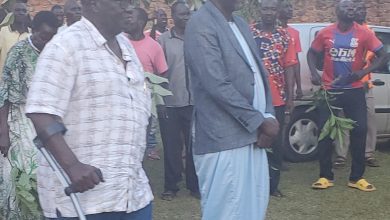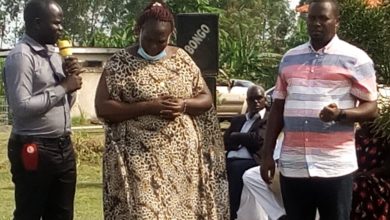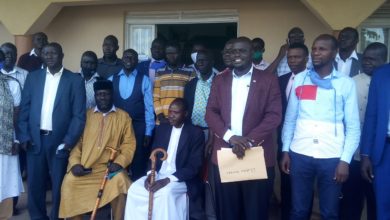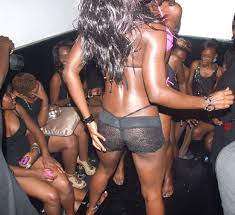The post-colonial era, African traditional cultural norms have gone to dog, the matter of divorce can only be handled in a family setting, not through the court system, Acholi elder argues.
GULU CITY-THURSDAY, March 30. TEKWARO ACHOLI MACON KI KWO ME BEDOGI, the Acholi Cultures and Traditionals by Reuben Mawa Nonon pa Lanana talk heavy in way of marriages, but felt short of elaborating how in Acholi how the divorce can be conducted or handle;
However, the Black Star News Correspondent explored the mean and way of divorces based on the traditional cultural norms that the separation between wife and husband is a matter of family issues.
Andrew Obwoya, 72 years old, from Gem clan in Madi-Opeyi district bordering South Sudan is one of the persons who his mother and father divorced when he was still a baby, but remain under the care of his father although his mother divorced.
Obwoya account on divorce is that, when the break up happened between wife and husband, the members of the immediate close family are called to handle the issues, family sit down and see the way how to sort out the problems between the two people before summoning the in-law
Case in point, when the matter becomes controversial or difficult, where the misunderstanding took tolls. The committee would be set to investigate the causes of the conflict between wife and husband, and the parties that have been called to discuss the sticking issues will report back to members of the close family.
Pius Olwado Omara, 55 years old, is the Director of Motherland Private Primary School based in Layibi Central, Pece-Laroo Division also contended with Obwoya on the issues of family members settling the hitches, but not to run into court of law.
The divorce begins with the circumstance that caused the disagreement which leads to the divorce, it begins from either wife or the husband.
Remember, the two people have been married for years, and when they were getting married, there was communication between the members of both families, the parents or guidance of the wife or husband participated in the marriage affairs.
An issue of the divorce may come from the wife or the husband, take for example, if the wife has never given birth since they have been living as wife and husband, that could be the case. If the husband has decided to bring the co wife, the first wife may feel ashamed, and as matter of fact she may run away. Therefore, the husband will ask for divorce if by the time his wife went to their home and later got another man, the husband will ask for divorce, and his dowry “Lim Akumu” will be given back to him.
The first thing to be done before divorce happens, the parents or brothers from the In-law would be summoned for discussion, and both the wife and husband refuse to understand. For example, when the husband caught his wife with another man, the husband will say that his wife has become a prostitute, that will have called for separation.
If my wife becomes a travel shooter, “Lgoba, laneko, lawol.” The husband may say he wanted to divorce his wife, but in such circumstances Lim Akumu dowry, cows, goats will be given back, but not other financial money, sitting allowance which was used like “Obal tic,” will be returned as part of the dowry.
“In divorces, if it happens that the husband is the initiator, that he does not want his wife because she is a barren person, then in such a way no dowry will be given to the husband.
Other issues to be consider during divorces
In case the wife went with another man, and by the time she was with that man and they had children, according to Acholi Cultural traditional norms, all the children she bore outside wedlock all belong to the first husband.
Secondly, by the time of divorce, the husband will own all the children born to them, but if the children are still young, less than 7 years old. The wife will go and take care of them, until they become of age.
If by that time, the husband marries his wife and if she comes with a child or children. “Abu dyang,” all the kids belong to the current husband, if a girl, that girl will not be married. If a child is a boy, he will not marry from the father’s relation.





